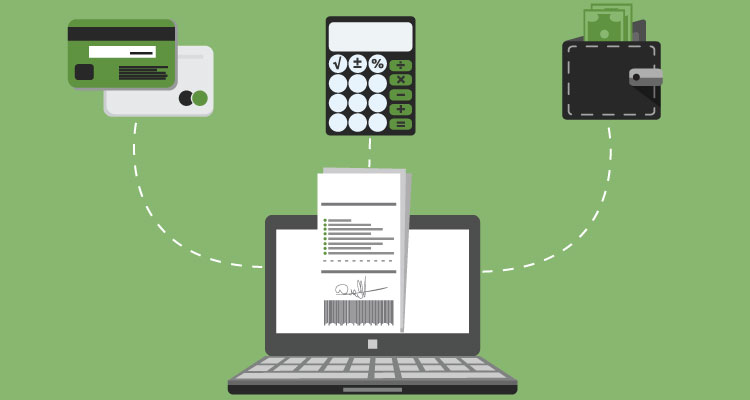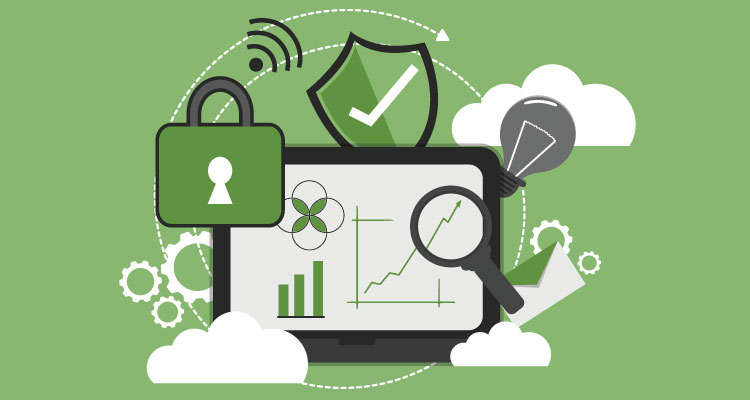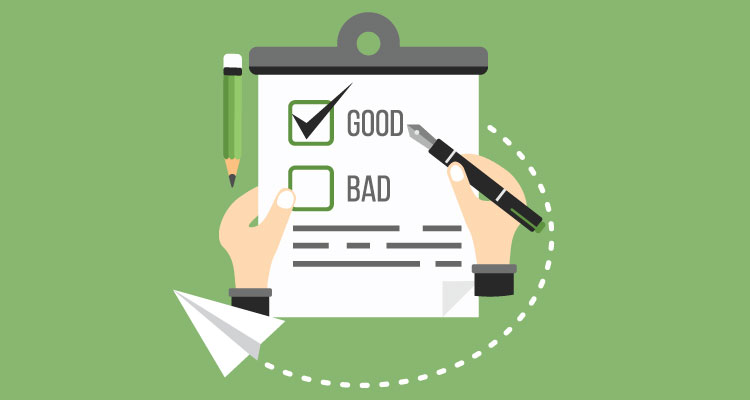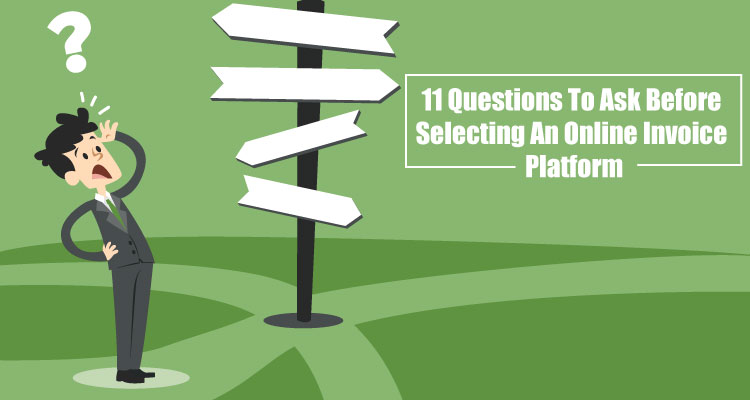Regardless if you’re a business owner or freelancer, accounting and online invoice software that can handle tasks like invoicing is a necessity. After all, how else do you expect to be compensated for the goods and services that you’ve provided?
But, with the seemingly endless amount of accounting software available, how can you narrow down these choices to find the best platform for you?
Table of Contents
ToggleYou can start by asking the following 11 questions.

1. What invoicing features do you need?
Today most invoicing platforms, as well accounting programs, come load with features like the ability to accept multiple forms of payments online, recurring payments, time tracking, expense tracking, inventory tracking, automatic payment reminders, payroll, tax preparation, and financial reports. And, that’s just the tip of the iceberg!
That’s why the first question that you should ask should be, “Which platform caters to my business’s specific needs?” For example, if you’re a freelancer, you may not need a platform that has features like payroll since that’s not a task that you’re responsible for.
If you’re stuck, you can always perform a needs analysis in order to assess the features, functions, reports, and integrations that you’ll need to platform to handle.

2. Is the platform a good fit for your business? If not, are there customized solutions?
Most electronic invoicing platforms are ready to use out-of-the-box by offering generic reports and templates that most businesses use. If these generic reports and templates aren’t a good fit, a solid invoicing platform allows users to customize the platform so that it will suit their needs.
However, there are a number of platforms that have been designed for specific niches, such as nonprofit accounting software, point-of-sale accounting software, and construction accounting. If you’re not aware of any niche-related platforms do a simple Google search like “best invoicing programs for food truck owners.”
If you’re not aware of any niche-related platforms do a simple Google search like “best invoicing programs for food truck owners.”

3. How much are you willing to pay?
This may be the most important question when you’re just starting out and are on a shoestring budget. Thankfully, there are more than enough free platforms out there, such as Due and Wave, that can handle all of your invoicing needs with ease. If there aren’t any free options that interest you, most invoicing software plans fall between $10 to $50 per month. It just depends on the size of your business and the features that you need.
If there aren’t any free options that interest you, most invoicing software plans fall between $10 to $50 per month. It just depends on the size of your business and the features that you need.

4. How many employees and clients does the platform accommodate?
When comparing packages you need to pay attention to how many employees and clients that the platform accommodates. For example, the Freshbooks Lite plan only allows you to bill 5 active clients at
For example, the Freshbooks Lite plan only allows you to bill 5 active clients at a time. If you’re a freelancer who only has 2 or 3 anchor clients, that’s not an issue. However, if you’re a small business owner who has 30 clients and has multiple employees in your accounting department, you may have to use a program like the Quickbooks Online Essentials plan.
5. Is it user-friendly?
You want the online invoice platform to be easy enough to use so that it’s set-up in a matter of minutes. This not only saves you time and resources, but it also saves you time and resources from having to train your current and future employees.
6. Is it compatible with multiple languages, currencies, and payment gateways?
In an increasingly global marketplace, it’s more important than ever to have a platform that is compatible with multiple languages and currencies so that you can flawlessly send bills and accept payments.
Furthermore, you want to make sure that the platform is compatible with payment gateways where your customers are located. For example, BluePay is a top notch gateway for business owners in the U.S. and Canada, but if you’re a global merchant, you’re better off using a more international-friendly gateway like Due or PayPal.
7. How will my data be backed-up? Can I access it during an outage?
Storing your data in the cloud can be nerve racking — especially when it comes to secure data like payment information. Legitimate invoicing platforms are stored backed up automatically in the cloud. That way you don’t have to ever worry about losing this information and can retrieve it on-demand.
Since most invoicing platforms provide mobile apps, you can access your invoices through your mobile device whenever and wherever you like.
So, if you’re experiencing an outage, you can still send and review invoices.

8. What are the security measures that have been put in place to keep my businesses and my customers’ data secure?
With the amount of cyber attacks and security breaches that we all hear about in the news, security is a concern. Before selecting an invoicing platform, make sure that it adheres to the PCI Data Security Standard (PCI-DSS) and is taking the appropriate security measures. For instance, at Due, we use multiple levels of security. That includes cryptographic protocols and message formats, such as SSL and PGP, for all data transfers.
9. What types of tech support and customer service are provided?
Even when a product is easy-to-use, you may need to contact customer service to address any troubleshooting or billing concerns. This is even more of a dire situation when you aren’t able to send an invoice or access your funds. You want to talk to someone asap.
Look for platforms that offer support centers, allowing you to ask questions so that you can troubleshoot the problem yourself. Preferably, select a platform where you can easily contact someone via email or phone.
10. Is the online invoice platform scalable?
Are you expecting to experience some major growth in the future? Will the platform be able to grow with your business? If not, you may want to consider starting with software that will be able to handle your needs as you grow.
For example, Wave is one of the best accounting apps for small businesses. However, once you have more than nine employees, you’ve outgrown its capabilities.

11. What do the reviews say?
When you review customer reviews of the product it will give you a better understanding of what you’re purchasing.
The bottom line.
When choosing an online invoicing platform it’s important to ask the questions listed above. This way, you can determine the platform that best suits your exact needs and is within your price range. Finding out the answers to these questions will also prevent any potential mishaps.















